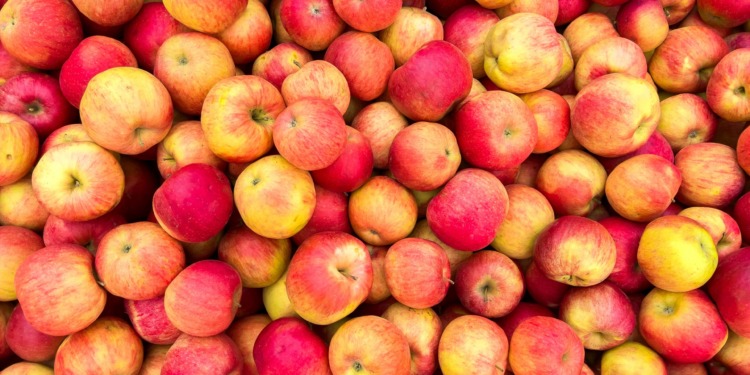“Conflict, economic shocks, climate extremes and soaring fertiliser prices are combining to create a food crisis of unprecedented proportions. As many as 783 million people are unsure of where their next meal is coming from. We have a choice: act now to save lives and invest in solutions that secure food security, stability and peace for all, or see people around the world facing rising hunger.”
—World Food Programme.
The team of scientists from New Zealand’s Plant & Food Research cites the reasons behind their pioneering research into lab-grown fruit: to solve food insecurity, create more sustainable agriculture and safeguard against the effects of climate change. From a wider perspective, scientists are looking at ways to feed the growing population with fewer areas to grow food.
“Here in New Zealand, we’re good at growing conventional horticultural crops, but looking into the future, there’s a lot of change coming in the world with population growth, increasing urbanisation and climate change,” said Dr. Ben Schon, the lead scientist for the Food by Design program.
The team’s research into lab-grown fruit technology could also help reduce food waste, a major source of methane emissions, as the fruits they hope to make from plant cells wouldn’t contain the parts that are normally discarded, such as the cores of apples or rinds of oranges.
If successful, the technology also has the potential to lower the carbon footprint and environmental impact of food production by growing fruit in urban areas and cutting down on transport costs of imported fruit.
A further benefit of producing cultured fruits and vegetables is the possibility of further research leading to new superfoods with the health benefits of many current fruits and vegetables combined.
The project, titled “The Plant and Food Research Programme,” focuses on a range of fruit, including apples, blueberries, peaches, nectarines, cherries and grapes. However, the scientists also make it clear that, while the project is promising, it is still in its early stages – the result of consumer-grade food is still far away.
This interesting development sits alongside the continued development of lab-grown meat in food research, which has been put forward by scientists and researchers as a more humane and sustainable alternative to livestock consumption, along with the common goal of solving food insecurity. This development is already well on the way, with the first cultivated beef patty introduced to the world in August 2013 by a team of researchers led by Mark Post of Maastricht University.
The drawbacks to lab-grown food
Although the idea of solving hunger and agricultural sustainability problems through lab-grown food research is certainly exciting, there are some drawbacks to be considered. Lab-grown meat has for some time been seen as a cruelty-free and more sustainable way of producing food but it is not without its issues.
One concern is that far from reducing the carbon footprint of agriculture, lab-grown food could make the issue worse. A report from the Cold Spring Harbour Laboratory, called “Environmental impacts of cultured meat: A cradle to gate life cycle assent,” outlines that lab-grown meat could produce more carbon dioxide in its production and be more energy intensive.
“This is an important conclusion given that investment dollars have specifically been allocated to this sector with the thesis that this product will be more environmentally friendly than beef,” UCD food scientist Derrick Risner said.
Related Articles: Our Sustainable Future: Lab-grown meat | Global Report on Food Crises: Number of People Facing Acute Food Insecurity Rose to 258 Million in 2022 | Is Vertical Farming the Solution to World Hunger?
Another concern is whether consumers — in a world where “organic” whole foods and real fruit without pesticides, grown as naturally as possible, have been touted as the best option — will accept lab-grown meat or fruit.
One informed consumer investigated and tried cultivated meat, sharing the results in this video which highlights well all the problems and concludes that lab-grown meat is (probably) not the future:
Finally – and not mentioned in the above video – a drawback to lab-grown food is that many traditional communities in the First World and in developing countries rely on traditional agriculture for their livelihoods. A major shift to lab-grown food could devastate economies that are struggling already and hit food production in a time when it is needed more than ever.
In conclusion, lab-grown food is on its way, with many food types that can potentially be created. However, it is not without its issues and will perhaps only complement current forms of food production rather than replace them.
Editor’s Note: The opinions expressed here by the authors are their own, not those of Impakter.com — Featured Photo Credit: Petr Kratochvil.










